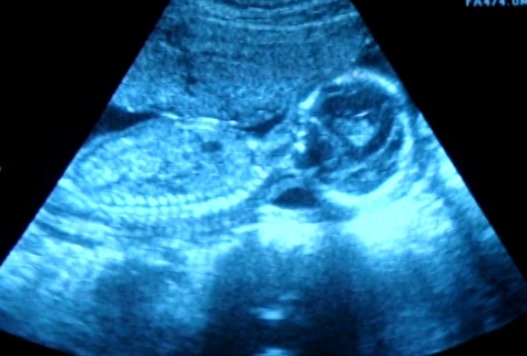
NLU Delhi 2014 alumnus Nipun Saxena, who practices in Delhi, is leading for the legal aid cell in the case.
Beti Bachao Samiti had in 2010 alleged, through a sting operation conducted on Dr Sunil Fakay Imaging Centre Delhi, that the Fakays are into the business of pre-natal sex determination, and that they also allegedly advertise this service in their locality.
The Pre-Natal Diagnostic Techniques Act 1994 makes it an offence to determine the sex of a foetus which is at least 12 weeks old or above, and also makes it an offence to terminate pregnancy after such sex determination.
The 1994 Act requires complainants in pre-natal sex determination cases to file their complaint with the “appropriate authority” listed in the Act, and in case of delay of more than 15 days in taking cognisance by the appropriate authority the complainant can get a First Information Report (FIR) registered as per the Code of Criminal Procedure.
Accordingly, Beti Bachao first complained against the Fakays to the appropriate authority – the Deputy Commissioner of the North Western Region – and after a delay of 23 days the NGO elected to get an FIR registered by complaining to the Chief Metropolitan Magistrate (CMM). The CMM took cognisance of Beti Bachao’s complaint and ordered Sunil Fakay’s arrest in 2011, but he could not be arrested as he was on anticipatory bail.
However, after this FIR was registered the appropriate authority ignored its own delay and acting on Beti Bachao’s first complaint registered another FIR.
Saxena told Legally India that “relying on the hyper-technical ground that cognisance [under the PNDT Act] can only be taken on a complaint and not on the basis of a chargesheet”, the Fakays have been challenging the case against them.
Their first challenge – applications for discharge made in the CMM’s court – were dismissed by the CMM in 2013.
In the Fakays revision petition against this dismissal CMM held that cognisance in the case was deemed to be taken on the date the appropriate authority’s FIR came to be registered. The CMM also held that the final report of investigations in the second FIR, will also be taken to be filed under the case registered in the first FIR. The CMM, thus, merged the two cases into one.
The Fakays then approached the Delhi high court in July 2014, against the CMM’s order in the revision petition.
The appeal will now come up for hearing in the high court on 24 February.
Saxena said that the legal aid cell’s argument on behalf of Beti Bachao, in the high court, is that cognisance under the PNDT Act can be taken on the basis of the substance of the averments – the materials in evidence – which are contained in the charge sheet as much as they are contained in the complaint against the accused.
CORRECTION: The earlier version of this story misstated the name of the NGO.
threads most popular
thread most upvoted
comment newest
first oldest
first
Secondly, nobody is seeking publicity in the matter, this Case was taken by the NLUD Legal Services Committee who approached Nipun Saxena who accepted the brief pro Bono. Everybody knows this. Also he was asked to comment on the matter where he said I can only give you their contentions and our contentions before the Court, beyond that I have nothing to say as the matter is sub judice.
Before making personal remarks on a person's integrity and that of the College, you might want to get your facts right.
I feel I should point out a couple of things that may have missed your attention. Firstly, Nipun Saxena has not expressed any opinion on the outcome of the case. He has merely mentioned the contentions before the court. You speak of ethics yet I wonder where yours were before you embarked on this pathetic little smear campaign. Rest assured, Nipun has done enough and more for the good name of NLUD and its legal aid clinic. Don't worry yourself about his conduct. Secondly, these FIRs came after he had made a complaint. Its not, unfortunately, unusual for complainants to have counter FIRs lodged against them.
That's all I had to say.
threads most popular
thread most upvoted
comment newest
first oldest
first